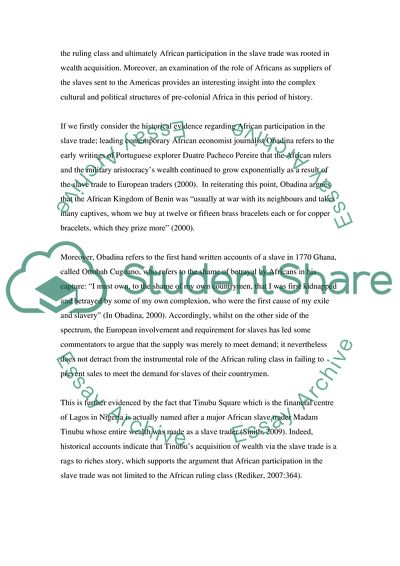Cite this document
(“Not Found (#404) - StudentShare”, n.d.)
Not Found (#404) - StudentShare. Retrieved from https://studentshare.org/politics/1729454-the-trans-atlantic-trade
Not Found (#404) - StudentShare. Retrieved from https://studentshare.org/politics/1729454-the-trans-atlantic-trade
(Not Found (#404) - StudentShare)
Not Found (#404) - StudentShare. https://studentshare.org/politics/1729454-the-trans-atlantic-trade.
Not Found (#404) - StudentShare. https://studentshare.org/politics/1729454-the-trans-atlantic-trade.
“Not Found (#404) - StudentShare”, n.d. https://studentshare.org/politics/1729454-the-trans-atlantic-trade.


